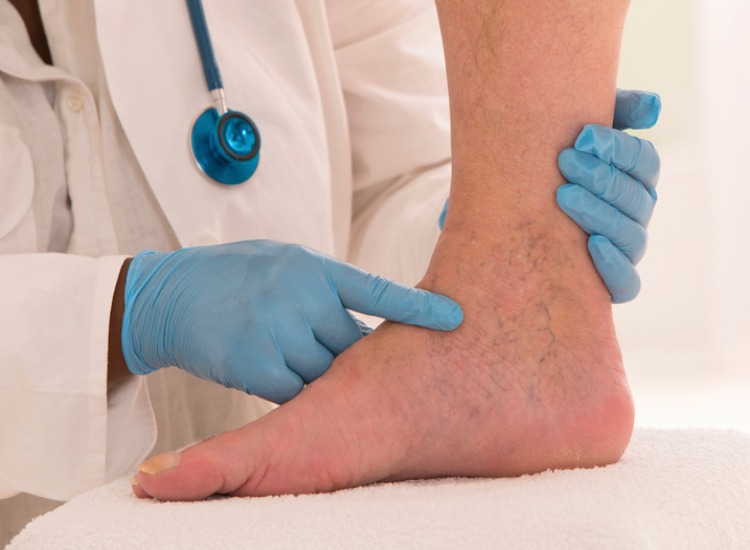How to find a good vein doctor or vein specialist

Finding a skilled and reputable vein doctor, also known as a vein and vascular specialist, is crucial for receiving effective treatment for varicose veins or other venous conditions. Here are some steps to help you find a good vein doctor:
- Ask for Referrals: Start by asking your primary care physician for recommendations. They may be able to refer you to a reputable vein specialist or vascular surgeon in your area. Additionally, you can ask friends, family members, or colleagues who have undergone vein treatment for their recommendations.
- Check Credentials: Look for a doctor who is board-certified in interventional radiology, or a related specialty. Board certification indicates that the doctor has completed specialized training and has met certain standards of competency in the field.
- Research Online: Use online resources to research vein doctors in your area. Many healthcare providers have websites where you can learn about their credentials, experience, and areas of expertise. Look for doctors who have positive patient reviews and ratings on reputable healthcare websites.
- Consult Professional Organizations: Check if the vein doctor is a member of professional organizations such as the Society of Interventional Radiology or RSNA. Membership in these organizations can indicate a commitment to staying current with advancements in vein care and adhering to high standards of practice.
- Schedule Consultations: Once you have identified potential vein doctors, schedule consultations to meet with them in person. During the consultation, ask about the doctor’s experience treating varicose veins and other venous conditions, their approach to treatment, and the specific procedures they offer.
- Ask Questions: Don’t hesitate to ask questions during the consultation to ensure you feel comfortable with the doctor and their proposed treatment plan. Inquire about their success rates, complication rates, and any potential risks or side effects associated with the procedures they recommend.
- Evaluate Communication: Pay attention to how well the doctor listens to your concerns and explains your diagnosis and treatment options. A good vein doctor should take the time to address your questions and ensure you have a thorough understanding of your condition and treatment plan.
- Consider Experience and Expertise: Look for a vein doctor who has significant experience treating varicose veins and other venous conditions using a variety of treatment modalities. Experience and expertise can often translate into better outcomes for patients.
- Visit the Facility: If possible, visit the vein treatment facility where the doctor practices to ensure it is clean, well-equipped, and staffed by a professional team. A reputable facility should adhere to high standards of patient care and safety.
- Trust Your Instincts: Ultimately, trust your instincts when choosing a vein doctor. Select a doctor who makes you feel comfortable, respected, and confident in their abilities to provide personalized, high-quality care.
By following these steps and conducting thorough research, you can find a skilled and trustworthy vein doctor who can help you effectively manage your varicose veins or other venous conditions.
